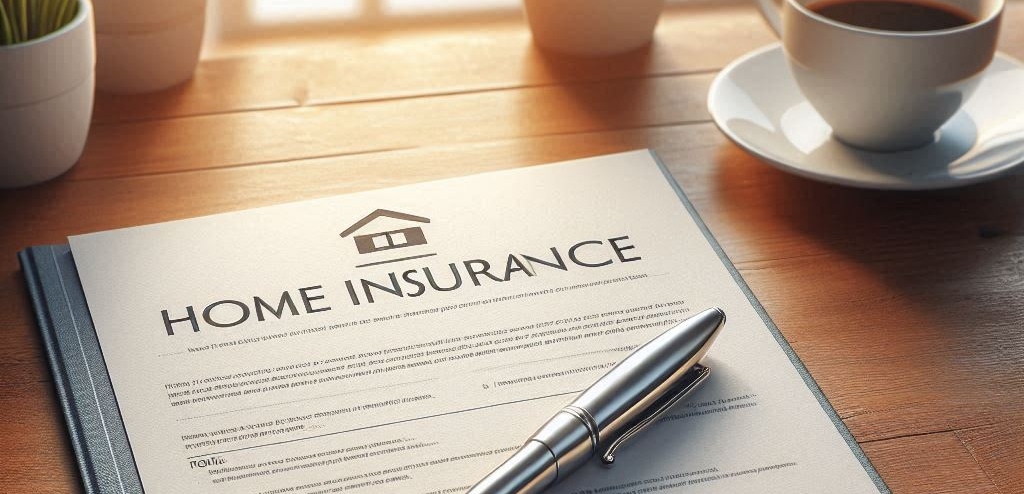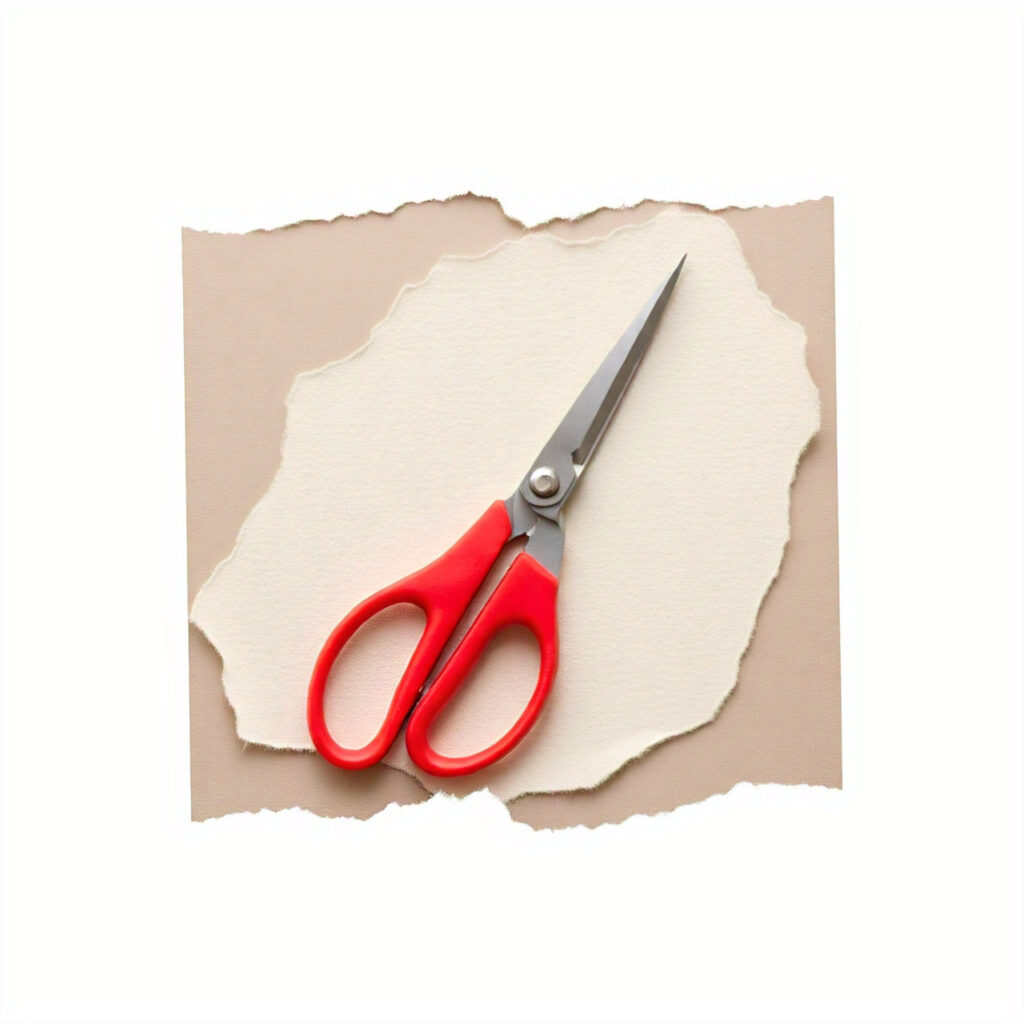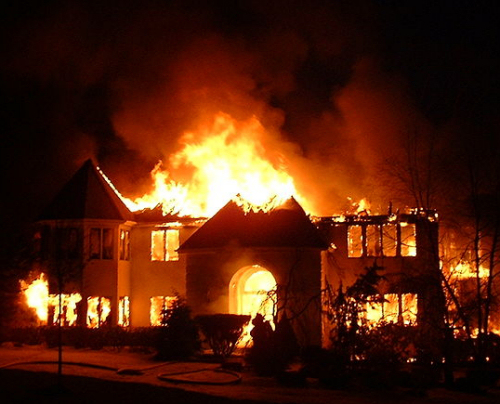Carrying homeowner’s insurance is necessary because without it you may have to pay a lot of money out of your own pocket if a storm causes damage or someone is hurt while visiting you. That doesn’t mean you need to spend an outrageous amount of money for protection–some people pay far too much for homeowner’s insurance. Following are a few reasons why people pay more for home insurance than they need to.
The Home Is Overvalued
The actual worth of your home should determine how much insurance coverage you carry. The more valuable it is, the more you pay. However, the home needs to be valued correctly to make sure you’re not paying more than you should. It may be worthwhile to have an appraisal done so you know exactly what the home is worth. If you find that your home is appraised at $90,000 and you’re carrying $125,000 worth of insurance, then your premiums will be more than they should be. You should also talk to a builder to find out how much it would cost to replace your home. The cost of building may be more than your home is worth now. If something were to happen, you want to make sure you have enough money to rebuild and replace your possessions.
The Home Is Aging
As a home gets older, two things happen–some parts wear out and the cost of repairs goes up. Nothing man-made lasts forever and that includes the infrastructure of your home. As your home gets older, the cost to insure it could go up. Part of the reason is that replacing old, worn out parts costs more than similar damage to a newer home. In order to avoid paying more for insurance than you need to, you should consider redoing some of the basic systems in your home. Rewiring now could save a bundle in insurance payments, as could the installation of new plumbing.
The Land Is Insured
When you take out a home insurance policy, make sure your coverage is for the house and any outbuildings as well as your personal possessions. In most cases, you needn’t insure the land itself because that can be more easily repaired if it’s damaged. Including the land in your insurance coverage will raise your premiums.
The Deductible Is Too High
Every homeowner’s policy will come with some sort of deductible attached–meaning that you will have to pay a certain amount out of your own pocket if you have to file a claim. If the deductible is for a small amount, your insurance premiums will be much higher than if you carry a high deductible. The higher the deductible, the lower your premiums will be. Keep in mind that if you raise your deductible in order to save money, you will need to have the money available to pay that deductible if you have to file a claim, because the insurance company won’t cut you a check until it’s paid. A good way to make sure you have the money on hand is to open a savings account designated for emergency use only. If you make regular deposits, the account will continue to grown, and the money will be available if you need it.
Possessions Are Devalued
If you have downsized in some way since you last paid for home insurance, you could be overpaying now. Some people forget that home insurance covers more than the building itself–it also includes your personal possessions. If you had a valuable collection of stamps or extremely expensive jewelry and have sold it or donated it to a charity, your home’s net worth is less than it was. Your insurance coverage should be adjusted to reflect your home’s new value. The less actual value you have in personal possessions, the lower your home insurance premiums should be.
Security Is Poor
Updating the security of your home and property will lower your insurance premiums. If you haven’t installed deadbolt locks on the doors and windows, and put in a home security system, your payments are undoubtedly more than they would be if you updated your home’s security. Installing solar lighting along walkways or motion detectors outside your home will also lower your costs.
They Didn’t Shop for a Good Rate
In many cases, people are paying too much for home insurance because they’re lazy. Instead of taking the time to search out a good insurance provider–one who can give you a decent rate and still provide excellent service–they opt for the first agency that comes along in order to buy a policy and move on to other things. It’s not a good idea to sign an insurance policy until you’re absolutely sure you’re being offered the best possible rate. Be sure and ask for discounts that you may not be aware you qualify for or what it may take to become eligible to receive any available discounts.




